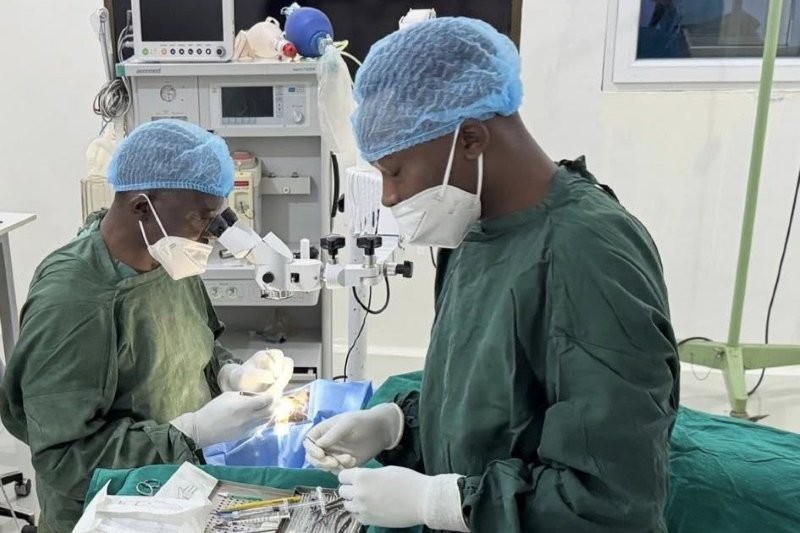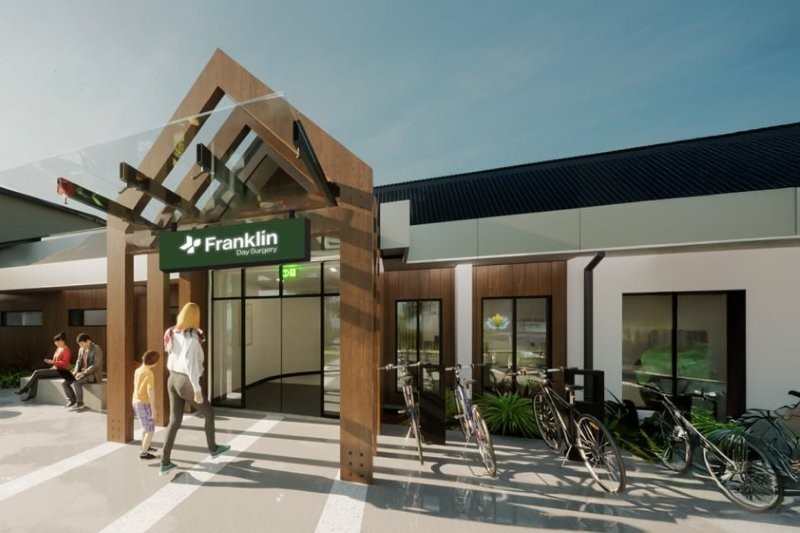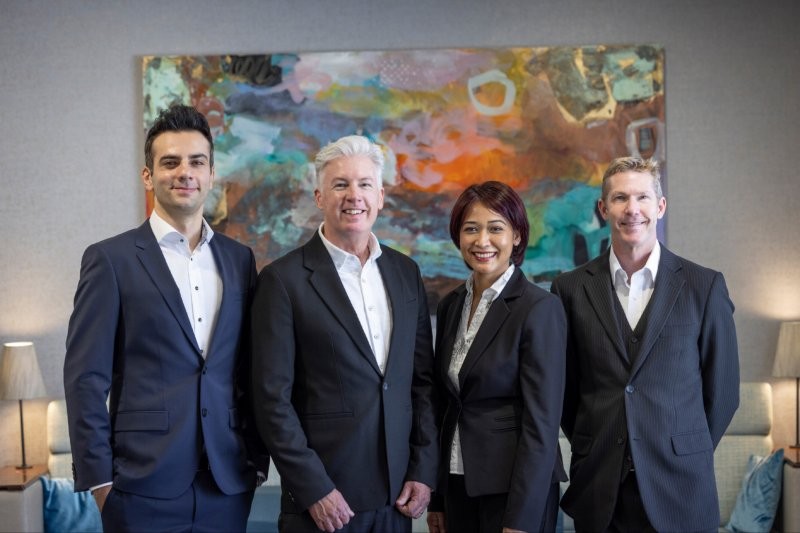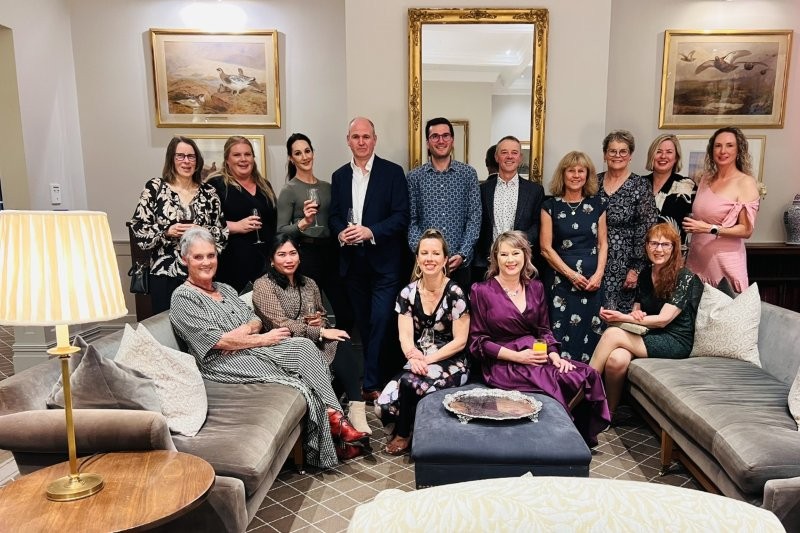Kids’ vision champion appeals for partners
Wellington optometrist Ravi Dass, founder of the Foureyes Foundation, is seeking optical partnerships to sustain a long-term expansion of vision services for primary-school-aged kids in Aotearoa.
On a mission to help remove barriers to eyecare for children in need, the foundation provides free vision screening, eye exams and glasses through a network of three clinics in Wellington, Porirua and Masterton. Partnering with the Eye Institute in 2020, the charity ran a successful pilot programme in Dargaville, which Dass said he is now keen to give a sustainable, long-term future.
One potential avenue to fund a Dargaville clinic, besides industry partnerships, is through research, said Dass. “As the clinic is based out of a medical centre, someone with a research project could capitalise on the infrastructure and the partnerships within the systems that I've created for the Foureyes Foundation to set-up and fund research.”
Launched in 2016, the foundation’s vision-screening programme followed Dass’ encounter with a 19-year-old who needed glasses but had somehow slipped through the system and his vision error had never been picked up, Dass said. “He had dropped out of school at a young age and eventually ended up on benefits. I couldn’t help thinking ‘if his vision problem had been identified earlier, could his life have been different?’ That encounter became a catalyst for me.”
One in five kids fall through the cracks
Looking at the B4 School and Well Child programmes to avoid duplicating existing services, Dass partnered with local schools and started screening five-to-10-year-olds for whom there appeared to be a gap in services and no straightforward pathway for teachers picking up suspected vision issues with a child, he said. Equipped with a Plusoptix vision screener provided by OptiMed New Zealand, Dass said he was averaging about 20% referrals during screenings, indicating a significant shortfall in vision problems being detected through existing channels.
To manage the referral load and programme expansion, the screening part of the programme was successfully transferred to the participating schools’ learning support coordinators, Dass said. This freed up his time to manage the referrals at the three small, low-cost clinics he had set up in partnership with iwi-led medical centres in the region. “This opened a path for the kids being referred from the school to get a proper examination and be equipped with glasses, should they need them,” he said.
What is really needed now is someone who can help fund the service to make it sustainable long term and to expand the programme to include areas in the North and South Islands, Dass said. “I know that there are a lot of optometrists and ophthalmologists out there who would like to be involved in this process; I welcome them to get in touch. I can't replicate myself, so partnering is the key thing for us to continue to grow our services sustainably.”
Since 2016, the Foureyes Foundation has screened nearly 8,000 kids and donated around 700 pairs of glasses. The glasses are manufactured in Dass’s Wellington lab and are paid for through fundraising. For more, email hello@foureyesfoundation.org.nz
























